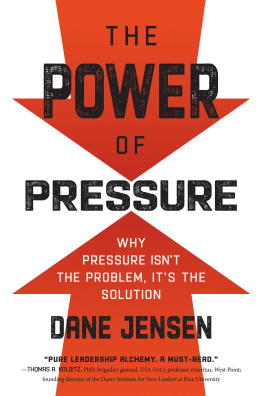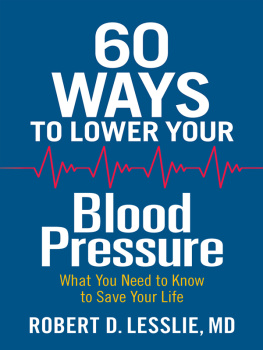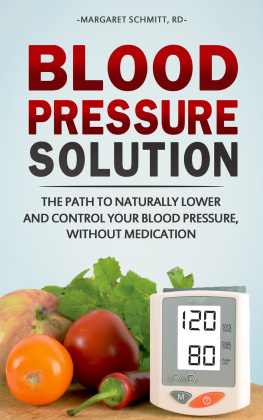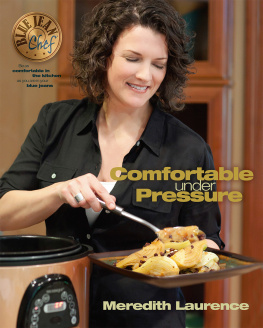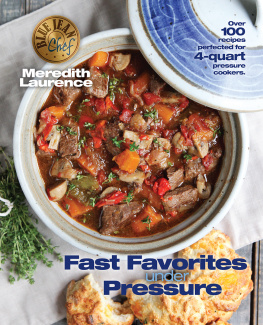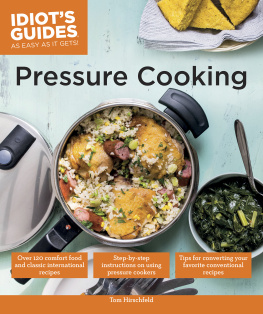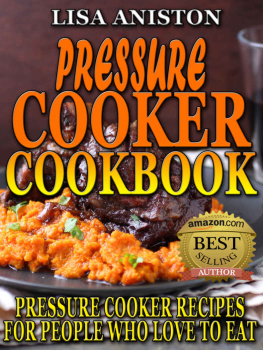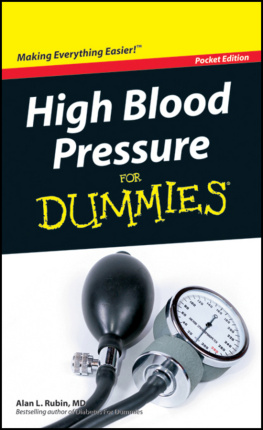E very summer, my wife, our three kidsJack, Stella, and Henryand I spend as much time as we can at our cottage north of Toronto. We are lucky enough to have a family compound, with my family, my parents, and my sisters family all having cabins side by side.
One day at the cottage, my wife went out for a run, leaving Grandma and me with the three kids. The older two were wearing floaties and running around the dock, while our youngest, Henry, was playing in the sandbox about 20 feet from shore. As my wife padded off down the cottage road, I had the brilliant idea to give the two older kids water guns. As it turned out, this was not a very good move. The first thing my son did was shoot my daughter in the face (because thats his idea of a really good time). My daughter is no shrinking violet, so she shot him right back, also in the face. What ensued was an all-out brawl.
As the fighting intensified, my mother and I became entirely engrossed in resolving the conflict. Eventually we got the two kids calmed down. They got time-outs, and they took their places sitting quietly on the dock. At this point, my mom said, Wheres Henry? and all of a sudden I noticed that it was completely silent.
This was unusual. Henry is a loud kid. Plus, he couldnt walk yet, only crawl. So he couldnt have gone far, right? He must be in the shed, said my mom. We ran to the shed. He wasnt there. We started calling out, Henry, where are you? Thirty seconds passed. A minute. We still didnt hear anything.
On one side of us was forest covering a steep hillside. On the other was the lake. Henry couldnt swim. My mom ran to check the other buildings. Maybe he went into your sisters cottage? she wondered. I acted on the worst-case scenario. The water. I went all the way to one side of the property, got in the thigh-deep water, and started working my way along the rocky shoreline, scrambling over the sharp rocks.
We were shouting Henrys name frantically enough that people from the other side of the lake got in their boats and drove over, calling out, Is everything okay?
I replied, No, weve lost my baby. And as they started coming to help us look, I heard the sweetest sound in the world: Henry crying out from my sisters deck. Somehow hed managed to crawl about 100 yards through the forest and get up onto her deck.
Whew.
From this period of just 8 to 10 minutes, two things really stuck with me. The first is that every time I had to check under one of the three docks on our shoreline, an image spontaneously came to mind of my son, in his blue bathing suit, floating under the dock. Holding that image meant I really had to force myself to look underneath. Deep breath. Look under the dock. Not there. Move on. The second thing is a consciousness that this could be the day my entire life changes. My wife went out for a run and left me with the kids. If Henry was truly gone, this was it: the demarcation line between the life I had and the life I was going to have from there on out.
This is an extreme example. There are few, if any, experiences in life that compare to losing a child. And yet, the hallmarks of this storymy pounding heart, a racing mind focused on all of the potential dangers, intense emotionsplay out to varying degrees in situations ranging from sales presentations to crucial examinations. When the stakes are important enough, we feel pressure.
At the heart of this book is a simple but surprisingly powerful question: Whats the most pressure youve ever been under?
I discovered the power of this question accidentally. The consulting firm I run, Third Factor, has focused on pressure for 30 years, and I spend a lot of my time delivering workshops and speeches on resilience to groups around the world. I started asking Whats the most pressure youve ever been under? as a conversation starter when I was sitting around a table with participants at a break or over lunch. I quickly realized that this question was like a portal into a world of incredible experiences. Very early on, I asked this question at a dinner, and the man beside mewhom I had just mettold me about realizing he had screwed things up with the love of his life. After an on-again, off-again relationship, they had broken up. Almost a year later, he couldnt stop thinking about it, realized he had made a mistake, and decided to go all-in, buying a diamond ring from Van Cleef & Arpels and showing up at her door unannounced with two dozen roses and a marriage proposal. She opened the door and said, What the hell are you doing here? and he had seconds to convince her to let him in, and one shot at getting a yes. For him, that was the most pressure hed ever been under. As we chatted, he happily filled me in on their 18 years of marriage, and the triplets (yes, triplets) they had raised together.
As I realized the remarkable experiences and wisdom that existed on the other side of this question, I started asking it more and probing deeper. I followed up on my initial query by digging to see what I could learn about both the situation and productive and unproductive responses to it, asking questions like:
- What made it so high-pressure?
- What did you do?
- What helped?
- What didnt help?
- What did other people do? Did that help?
- How did going through this change you?
This book is the result of what I learned from asking these questions over and over againasking elite athletes, navy SEAL s, and emergency doctors, but also ordinary people balancing the pressures we all face. I learned that pressure has patterns, and that those patterns repeat. That some things really help under pressure and others dont. That the things that help in peak pressure moments are often profoundly unhelpful for pressure over the long haul, and vice versa. That things like time management are actually pressure traps. That our biology can easily sabotage us with unproductive responses rooted in ancient stress responses.
I also learned, again and again, that pressureuncomfortable though it may beis an invaluable ally. The power of pressure can propel us to new peaks of performance and higher levels of development.
We are all working toward some vision of our future: treading a path toward achieving the things we need to achievesales targets, project milestones, making our mortgage paymentswhile at the same time creating a life that is meaningful and full of joy. And as we do this, pressure is our constant companion. Pressure is inherent in the journey of life because pressure is inherent in the journey of human growth and development. Simply put, if we are going to do things we havent done before, we are going to experience pressure. Years ago, Thomas Carlyle memorably said, No pressure, no diamonds. He was right. Pressure isnt just a nasty by-product of life, its an essential input into high performance. A life well lived requires pressure.
And yet pressure is a double-edged sword. During the World Junior Hockey Championships a few years back, Nike put their signature spin on the link between pressure and performance. Through a barrage of TV ads, they declared Pressure is power. There is wisdom in that slogan: power can heat your house, but it can also burn it down. Ultimately, pressure is a form of energy. And in the modern world, our bodies are receiving more of this energy than ever before. Far from being energizing, intense pressure can lead just as easily to anxiety, overwhelm, and exhaustion.
With this book, Ill show you that the solution isnt to insulate yourself from pressure, but rather to channel the power inherent in pressure toward beneficial responsesthings that lead us to higher performance and personal growth, instead of sleepless nights and sapped energy.

